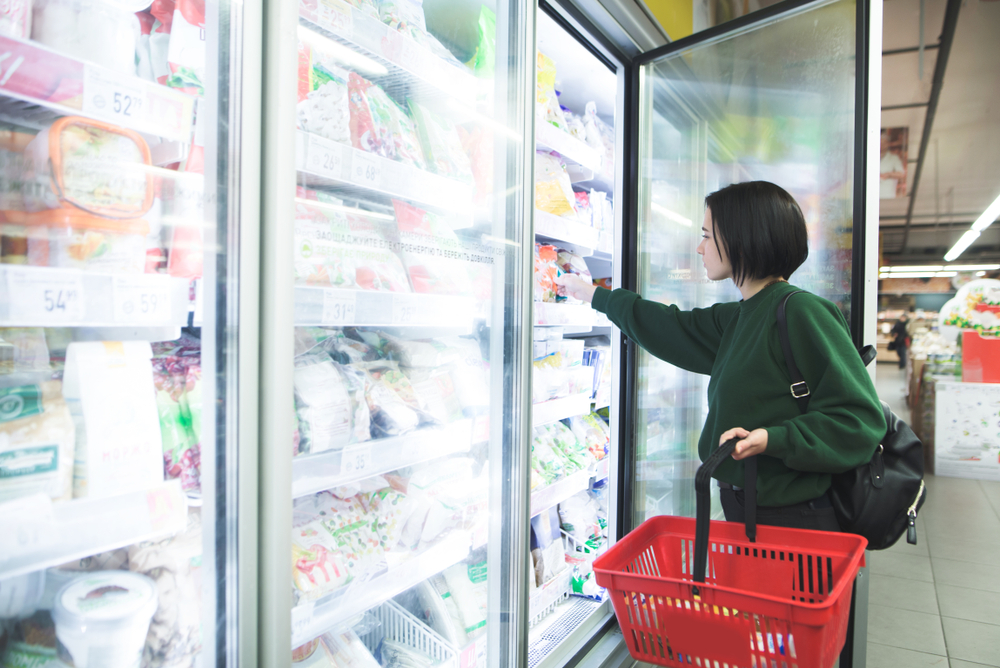Household Bills
Food prices fall slightly but are still up 17.3%

Food price inflation dipped slightly to 17.3%, from 17.5%, in April but consumers are still facing huge increases to their grocery shopping.
The drop in food inflation is good news for shoppers, but experts warn that it’s too early to say if it will continue to fall.
Take-home food sales rose by 8.1% in the four weeks to 16 April and Aldi reached a double-digit market share for the first time.
Food inflation has been steadily rising in the last year but before Christmas it dipped slightly, only for it to continue upwards over the first part of 2023.
The experts at Kantar, who produce this data, said they expect grocery inflation to come down soon but also pointed out that this doesn’t mean prices will get cheaper, they just won’t be rising at such a fast rate.
It comes as data shows that food prices are rising at the fastest rate for 45 years and the cost of basic food products have risen by 80%.
Aldi’s market share hits 10.1%
As shoppers look for ways to cut down costs, the discount supermarkets have seen consistent growth over the last year.
For the first time in April, Aldi’s market share reached 10.1%, a rise from 5% in 2015. Lidl also saw a record growth in market share of 7.6%. Lidl was also the fastest-growing shop in April, with sales up 25.1%, followed by 25% at Aldi.
Asda’s sales were up 8.8% over the same period giving it a market share of 14%. At Tesco and Sainsbury’s sales were 8% and 8.7% giving the supermarkets a market share of 27% and 14.9% respectively.
There were 38 million chocolate eggs and treats bought in the week before Easter Sunday, five million more than a year ago. Households spent an average of £14 on Easter chocolate, or around six packs on average. Sales of hot cross buns also rose by 5% and 3.4 million households bought lamb for an Easter roast dinner.
It’s expected there will be a boost to sales over the three bank holidays in May and the Coronation.
Supermarkets have the power to make things easier for customers
Sue Davies, Which? head of food policy, said: “These figures highlight the ongoing struggle people all around the UK are facing when buying food at the moment. Our own research shows everyday basics like white bread, potatoes and porridge oats have increased by up to 80 per cent in the last 12 months.
“Supermarkets have the power to make things easier for customers. That’s why we are calling on them to ensure budget ranges are available in all branches, including convenience stores, and especially in areas where support is most needed. Pricing must also be made clearer so people can easily work out which items offer the best value for money.”